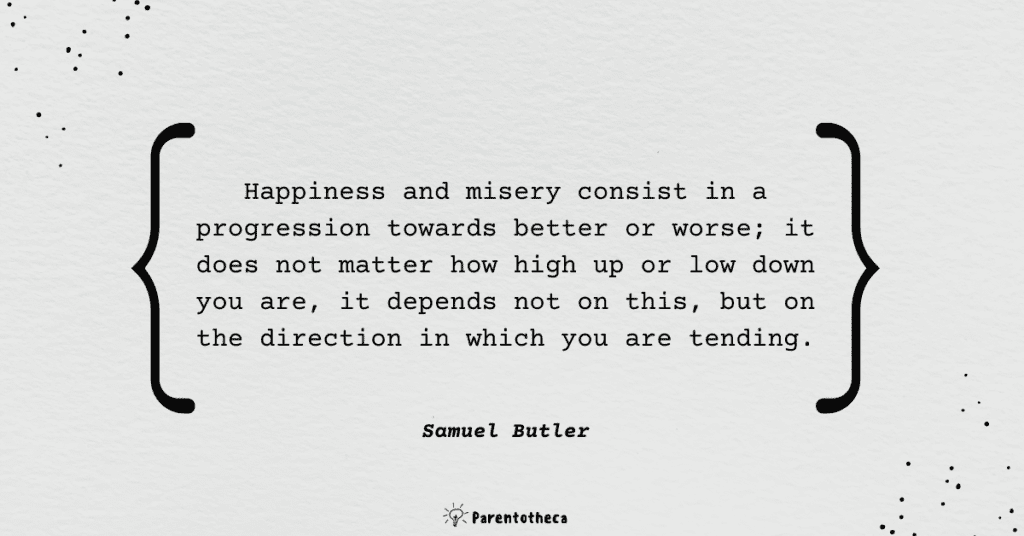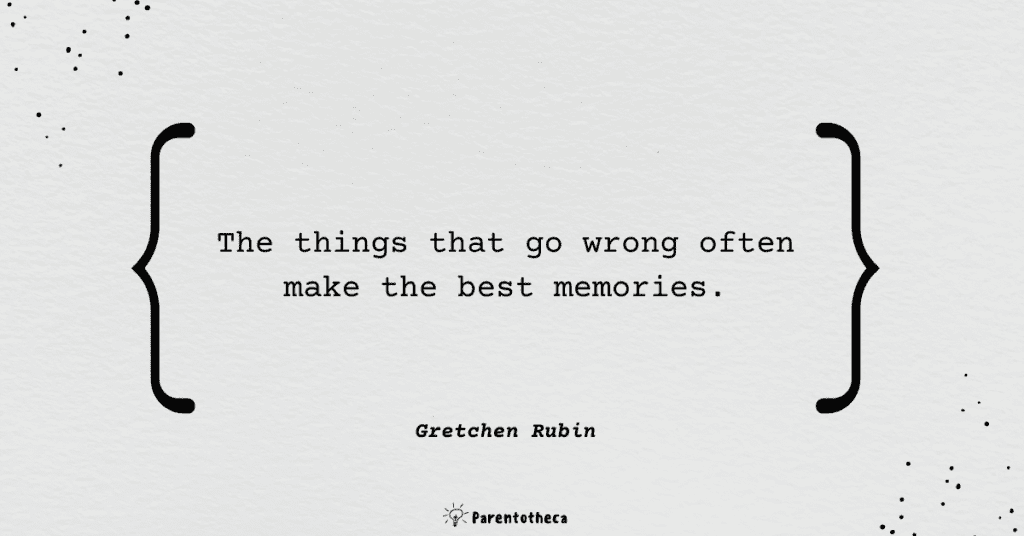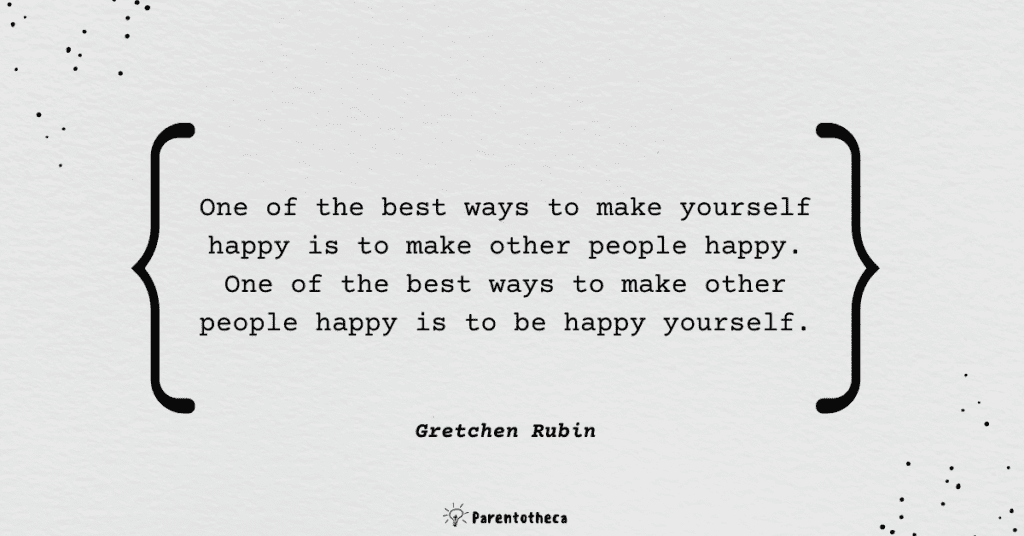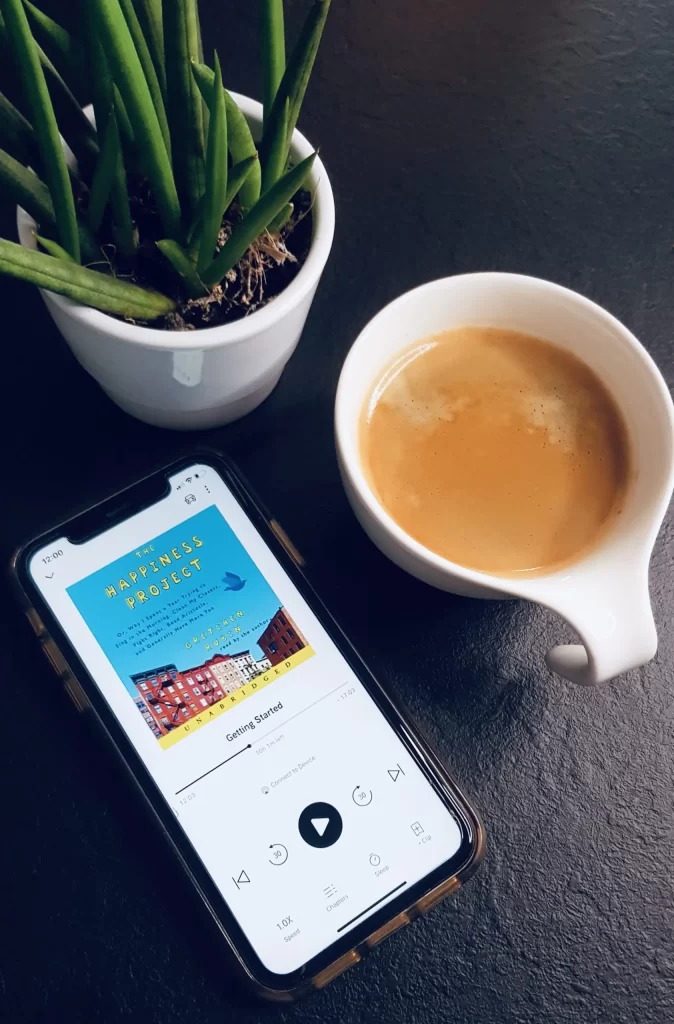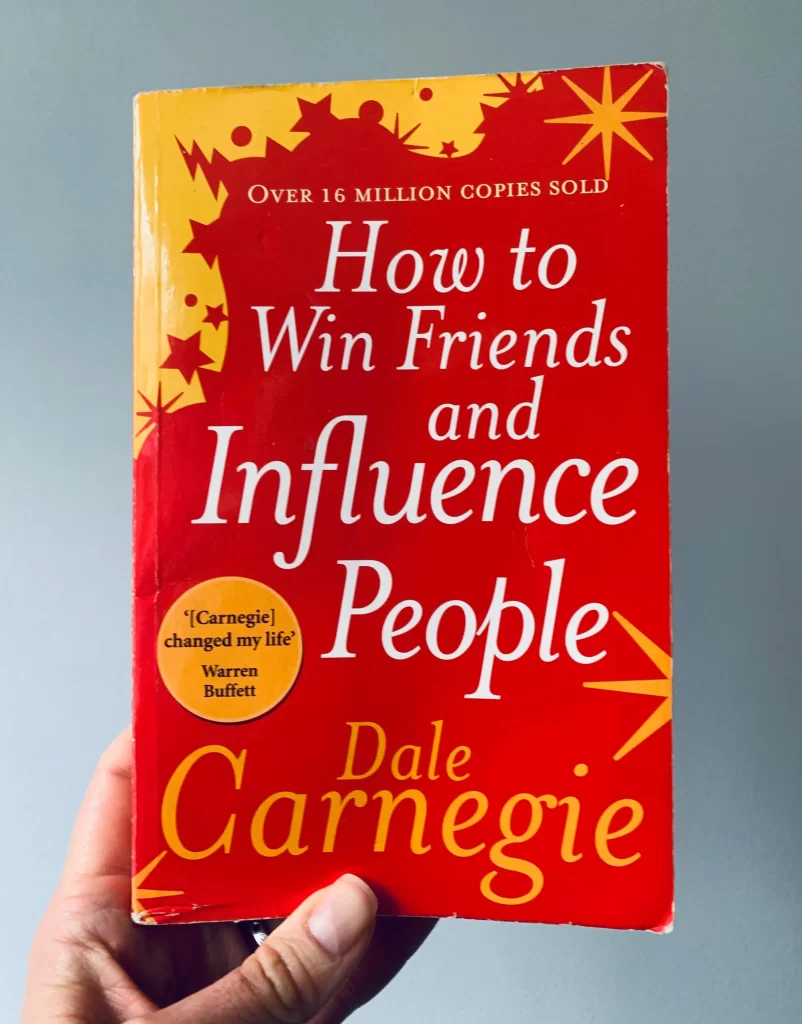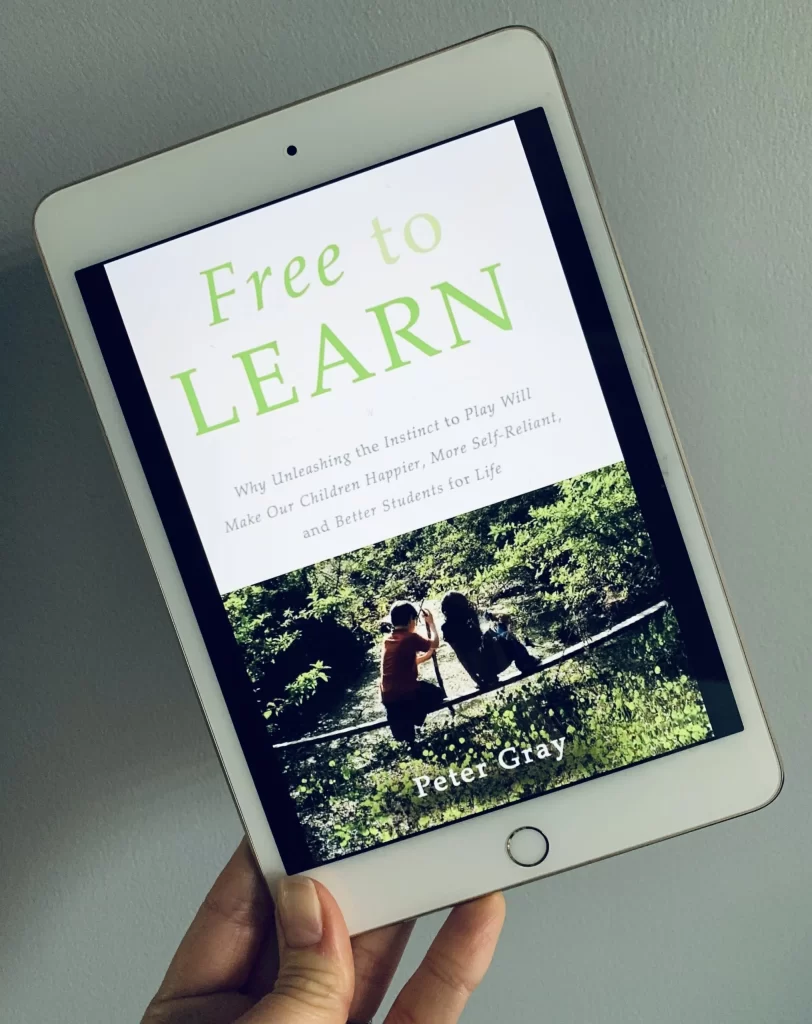 The Happiness Project – Book Summary
The Happiness Project – Book Summary
Or, Why I Spent a Year Trying to Sing in the Morning, Clean My Closets, Fight Right, Read Aristotle, and Generally Have More Fun
Gretchen Rubin
HarperAudio (29 December 2009)
About Gretchen Rubin
Gretchen Rubin is one of today’s most influential and thought-provoking observers of happiness and human nature. She’s been interviewed by Oprah, eaten dinner with Daniel Kahneman, walked arm-in-arm with the Dalai Lama, had her work written up in a medical journal, been the subject of a “The Talk of the Town” piece in The New Yorker magazine, and been an answer on the game show Jeopardy!
She’s the author of many books, including the blockbuster New York Times bestsellers, The Four Tendencies and Better Than Before. Her book The Happiness Project has sold more than one million copies, been published in more than thirty languages, and spent more than two years on the New York Times bestseller list, including at #1.
In her books, she draws from cutting-edge science, the wisdom of the ages, lessons from popular culture, and her own experiences to explore how we can make our lives happier, healthier, more productive, and more creative.
About The Book:
“A “happiness project” is an approach to changing your life. First is the preparation stage, when you identify what brings you joy, satisfaction, and engagement, and also what brings you guilt, anger, boredom, and remorse. Second is the making of resolutions, when you identify the concrete actions that will boost your happiness. Then comes the interesting part: keeping your resolutions.
This book is the story of my happiness project – what I tried, what I learned. Your project would look different from mine, but it’s the rare person who can’t benefit from a happiness project. […]
During my study of happiness, I noticed something that surprised me: I often learn more from one person’s highly idiosyncratic experiences than I do from sources that detail universal principles or cite up-to-date studies. I find greater value in what specific individuals tell me worked for them than in any other kind of argument – and that’s true even when we seem to have nothing in common. […]
I hope that reading the account of my happiness project will encourage you to start your own. Whenever you read this, and wherever you are, you are in the right place to begin.”
Wondered if tips from self-help books on how to be happier work? Well, the only way to find out is to try them yourself. And that’s what Gretchen Rubin did. In the pursuit of happiness, Gretchen decided to test-drive the wisdom of the ages, current scientific research, and lessons from popular culture about how to be happier. She called it The Happiness Project.
Over the course of one year, Gretchen dedicated each month to a different area of her life in which she wanted to boost her happiness level. She immersed herself in principles set forth by all manner of experts, from Epicurus to Thoreau to Oprah to Martin Seligman to the Dalai Lama, to see what worked for her – and what didn’t. Gretchen chronicled her adventures firstly on her blog and then summarised everything in a book.
Personally, I found it very inspirational and a great example that not every “best practice” will necessarily be the “best fit”. Every person is unique and should find their own way to be happy…by trying different strategies and gradually building happiness habits.
There are plenty of great ideas in the book, and in these notes, we’ll go briefly through Gretchen’s resolutions and cover just a few big ideas that you can implement into your life today.
Let’s jump straight in.
Key Insights:
12 Commandments And The Secrets Of Adulthood
“As I worked to identify my resolutions, some overarching principles started to emerge. Distilling these principles turned out to be far more taxing than I expected, but after many additions and subtractions, I arrived at my Twelve Commandments:
TWELVE COMMANDMENTS
- Be Gretchen.
- Let it go.
- Act the way I want to feel.
- Do it now
- Be polite and be fair.
- Enjoy the process.
- Spend out
- Identify the problem.
- Lighten up.
- Do what ought to be done.
- No calculation.
- There is only love.”
12 Commandments are the universal principles Gretchen tried to adhere to during her Happiness Project. They were like guiding stars whenever she faced a challenge.
These commandments reminded me of Jordan Peterson’s 12 Rules For Life. But a much lighter version ☺
Questions for you – what are your 12 commandments? Have a think and write them down.
In the book, Gretchen also shares the list of her Secrets of Adulthood – they are pretty insightful! Grab the book for more! My favourite top 3 are:
“By doing a little bit each day, you can get a lot accomplished.”
“Don’t let the perfect be the enemy of the good.”
“No deposit, no return.”
And I would add to the list our very own Big Secret of Adulthood: “If you don’t ask, the answer is always no.”
12 Resolutions
“Happiness is an expression of the soul in considered actions.”
Aristotle
Basing her approach on studies that found that 40% of our happiness depends on how we think and act (check out our post on happiness), Gretchen decided to focus each month on a specific area of her life she wanted to improve. She knew that to boost happiness, just simply reading positive psychology research and inspirational self-help books would not be enough. She had to put theory into practice.
So drawing on her research, Gretchen came up with a list of resolutions she wanted to adhere to during her Happiness Project. Here they are in a nutshell:
JANUARY: Boost Energy (Vitality)
- Go to sleep earlier
- Exercise better
- Toss, restore, organize
- Tackle a nagging task
- Act more energetic (studies show acting energetic gives you more energy)
FEBRUARY: Remember Love (Marriage)
- Quit nagging
- Don’t expect praise or appreciation
- Fight right
- No dumping
- Give proofs of love
MARCH: Aim Higher (Work)
- Launch a blog
- Enjoy the fun of failure
- Ask for help
- Work smart
- Enjoy now
APRIL: Lighten Up (Parenthood)
- Sing in the morning
- Acknowledge the reality of people’s feelings
- Be a treasure house of happy memories
- Take time for projects
MAY: Be Serious About Play (Leisure)
- Find more fun
- Take time to be silly
- Go off the path
- Start a collection
JUNE: Make Time for Friends (Friendship)
- Remember birthdays
- Be generous
- Show up
- Don’t gossip
- Make three new friends
JULY: Buy Some Happiness (Money)
- Indulge in a modest splurge
- Buy needful things
- Spend out
- Give something up
AUGUST: Contemplate the Heavens (Eternity)
- Read memoirs of catastrophe
- Keep a gratitude notebook
- Imitate a spiritual master
SEPTEMBER: Pursue a Passion (Books)
- Write a novel
- Make time
- Forget about results
- Master a new technology
OCTOBER: Pay Attention (Mindfulness)
- Meditate on koans
- Examine True Rules
- Stimulate the mind in new ways
- Keep a food diary
NOVEMBER: Keep a Contented Heart (Attitude)
- Laugh out loud
- Use good manners
- Give positive reviews
- Find an area of refuge.
DECEMBER: Boot Camp Perfect (Happiness)
I absolutely loved this approach – trying to improve not everything at once but step by step, finding what really works.
As Gretchen also admits in the book, all these happiness strategies require EFFORT and are not that easy to follow. But you can always focus on a handful of things that make YOU happier. The most important thing is to commit and make it a habit.
Question for you – what do you think will boost YOUR happiness? Why don’t you start your very own happiness project and come up with a list of your resolutions?
Tackle a Nagging Task
“An important aspect of happiness is managing your moods, and studies show that one of the best ways to lift your mood is to engineer an easy success, such as tackling a long-delayed chore. I was astonished by the dramatic boost in my mental energy that came from taking care of these neglected task.”
Hell, YES! I feel the same when I tick the box next to a nagging task (e.g. today, after months of procrastination, I finally sorted out boys’ documents, and I felt like a stone fell off my heart!). Nagging tasks take a considerable amount of your mental energy – they are like bugs on your windshield. Once you get rid of them, you get a happiness boost. Simple and awesome.
Write down 3 nagging tasks you have and just do them!
Act More Energetic
“To feel more energetic, I applied one of my Twelve Commandments: “Act the way I want to feel.” This commandment sums up one of the most helpful insights that I’d learned in my happiness research: although we presume that we act because of the way we feel, in fact we often feel because of the way we act.”
Want to feel more energetic – act like you are an energetic person. Want to become happier – act like a happy person. That is actually one of the strategies Sonja Lyubomirsky offers in her excellent book The How of Happiness:
“Remarkably, pretending that you’re happy – smiling, engaged, mimicking energy and enthusiasm – can not only earn you some of the benefits of happiness (returned smiles, strengthened friendships, success at work and school) but can actually make you happy.”
Always works for me ☺ And for the kids as well.
Happiness in Marriage
“When thinking about happiness in marriage, you may have an almost irresistible impulse to focus on your spouse, to emphasize how he or she should change in order to boost your happiness. But the fact is, you can’t change anyone but yourself. A friend told me that her “marriage mantra” was “I love Leo, just as he is.” I love Jamie just as he is. I can’t make him do a better job of doing household chores, I can only stop myself from nagging – and that makes me happier. When you give up expecting a spouse to change (within reason), you lessen anger and resentment, and that created a more loving atmosphere in a marriage.”
Love this insight. You can’t change your spouse, so always focus on changing yourself: What I can do better? And love your other half unconditionally (and kids as well!).
Find More Fun
“The writer Jean Stafford scoffed, “Happy people don’t need to have fun,’ but in fact, studies show that the absence of feeling bad isn’t enough to make you happy; you must strive to find sources of feeling good. One way to feel good is to make time for play – which researchers define as an activity that’s very satisfying, has no economic significance, doesn’t create social harm, and doesn’t necessarily lead to praise or recognition. Research shows that regularly having fun is a key factor in having a happy life; people who have fun are twenty times as likely to feel happy.”
As we grow up, most of us lose a playful spirit. We get more and more serious (some may call it “maturation”) and just simply forget how to have fun. And playfulness is not only a great booster for your happiness level. It is also a base layer for creativity and innovation. So, having fun is always good!
Question for you: What do YOU find fun? What do YOU want to do?
P.S.: in the book, Gretchen shares the idea of a “Pirate Dinner” – where you just dump the food on the table and eat it with your hands (you can also talk like a pirate to set the mood). I thought it would be so much fun for the boys! I pulled out a pirate tablecloth and dumped stir-fry on the table. Kids raised their brows: “Where are the forks?!”. Apparently, we found out that 2 out of 3 kids are super sophisticated, and it was too much for them. But eating raspberry jelly with hands was fun!
There Is No “The Way” To Be Happy
“As great minds throughout the ages have pointed out, one of tour most pressing concerns should be to discover the laws of our own nature. I had to build my happiness on the foundation of my character; I had to acknowledge what really made me happy, not what I wished made me happy. One of the biggest surprises of the happiness project was just how hard it was to know myself.”
Yep. There are many ways to be happy, and you have to find your way. The best way to do it is to live mindfully and constantly ask yourself: What do I like/want? What makes me happy?
The good news is that you don’t have to follow all popular advice on how to be happier. It’s much better to choose those activities that inspire us and bring us more joy.
Goals vs Resolutions
“I’d noticed idly that a lot of people use the term “goal” instead of resolution,” and one day in December, it struck me that this difference was in fact significant. You hit a goal, you keep a resolution. “Run a marathon” makes a good goal. It’s specific, it’s easy to measure success, and once you’ve done it, you’ve done it. “Sing in the morning” and “Exercise better” are better cast as resolutions. You won’t wake up one day and find that you’ve achieved it. It’s something that you have to resolve to do every day, forever. Striving toward a goal provides the atmosphere of growth so important for happiness, but it can be easy to get discouraged if reaching the goal is more difficult than you expected. Also, what happens once you’ve reached your goal? Do you set a new goal? With resolutions, the expectations are different. Each day I try to live up to my resolutions. Sometimes I succeed, sometimes I fail, but every day is a clean slate and a fresh opportunity. I never expect to be done with my resolutions, so I don’t get discouraged when they star challenging.”
Having meaningful goals is important for happiness. But. All smaller sub-goals – resolutions, habits, happiness rituals – add a lot to our happiness. In a way, if your goal is to become happier, resolutions may help you build a system of happiness habits to make it “the way of life”. As James Clear suggests in his bestseller Atomic Habits:
“The purpose of setting goals is to win the game. The purpose of building systems is to continue playing the game. True long-term thinking is goal-less thinking. It is not about any single accomplishment. It is about cycle of endless refinement and continuous improvement. Ultimately, it is your commitment to the process that will determine your progress.”
Again, happiness is not a destination. It is the way of life.
Action Steps For You:
- Start your very own happiness project: (1) identify what brings you joy, satisfaction, and engagement, and also what brings you guilt, anger, boredom, and remorse. (2) make a list of resolutions – identify the concrete actions that will boost your happiness. (3) keep your resolutions.
- Have fun with writing your 12 commandments.
- Grab a journal and brainstorm on the activities that make YOU happy. Make a plan to test-drive them in real life.
Quotes From The Book:


